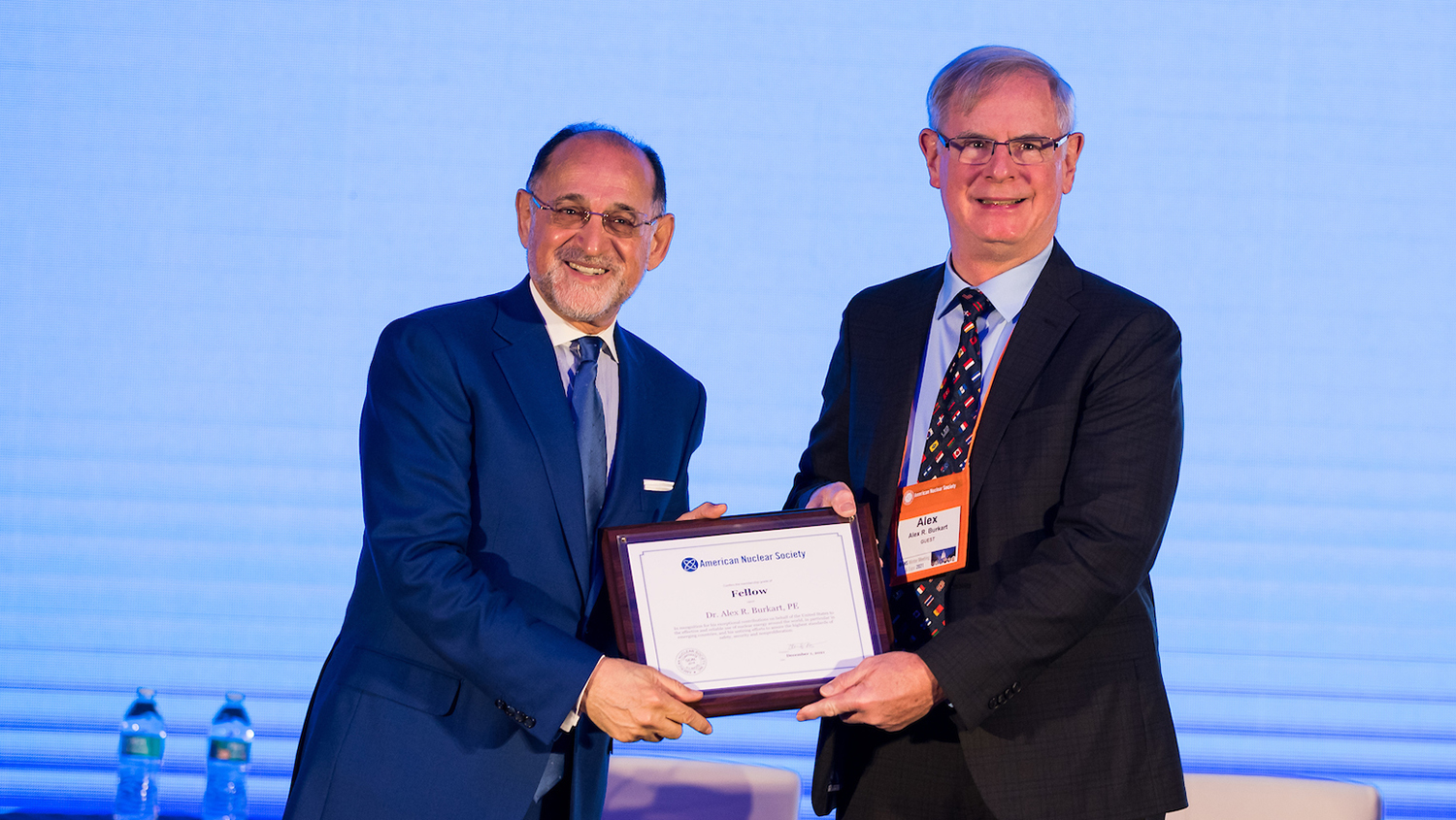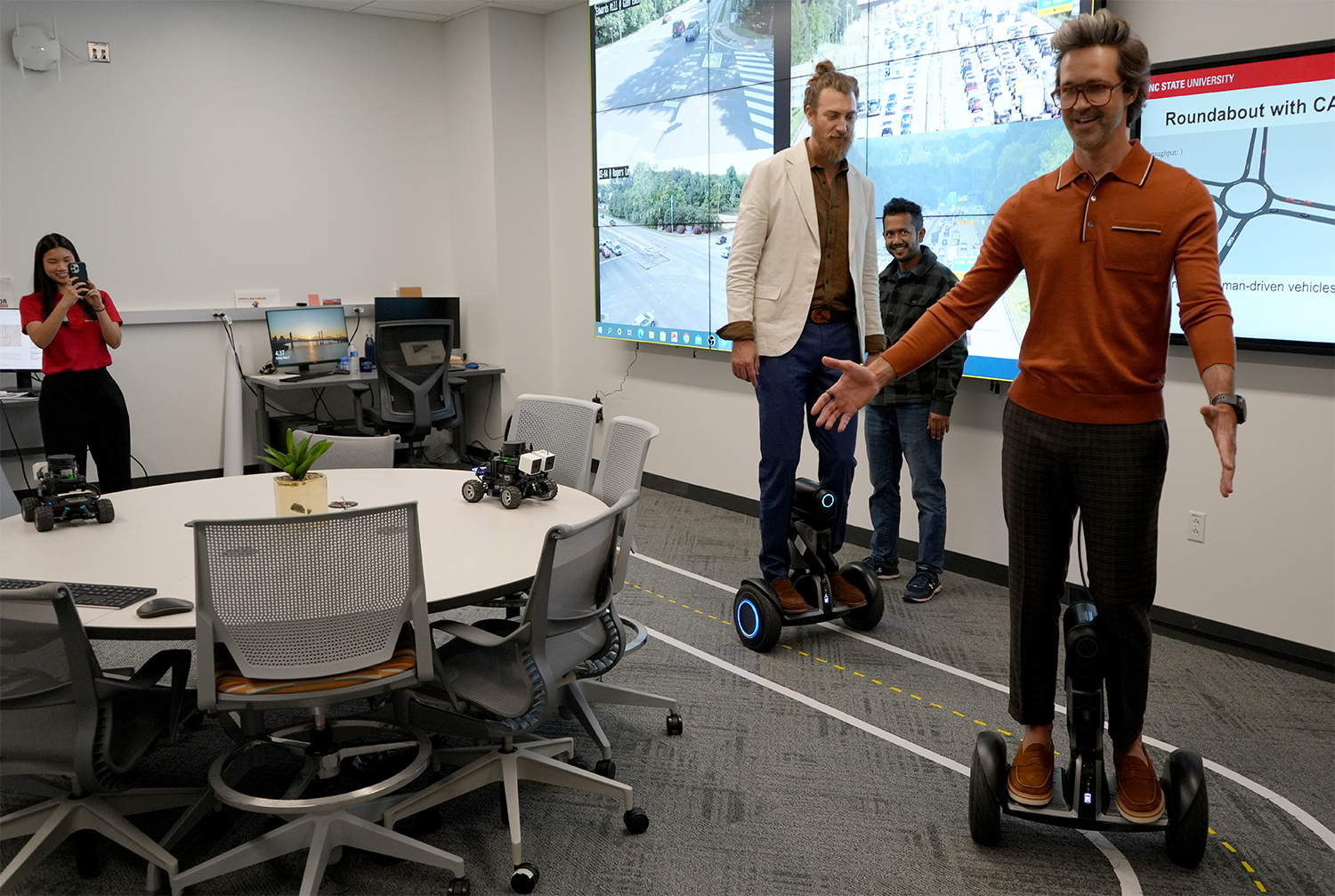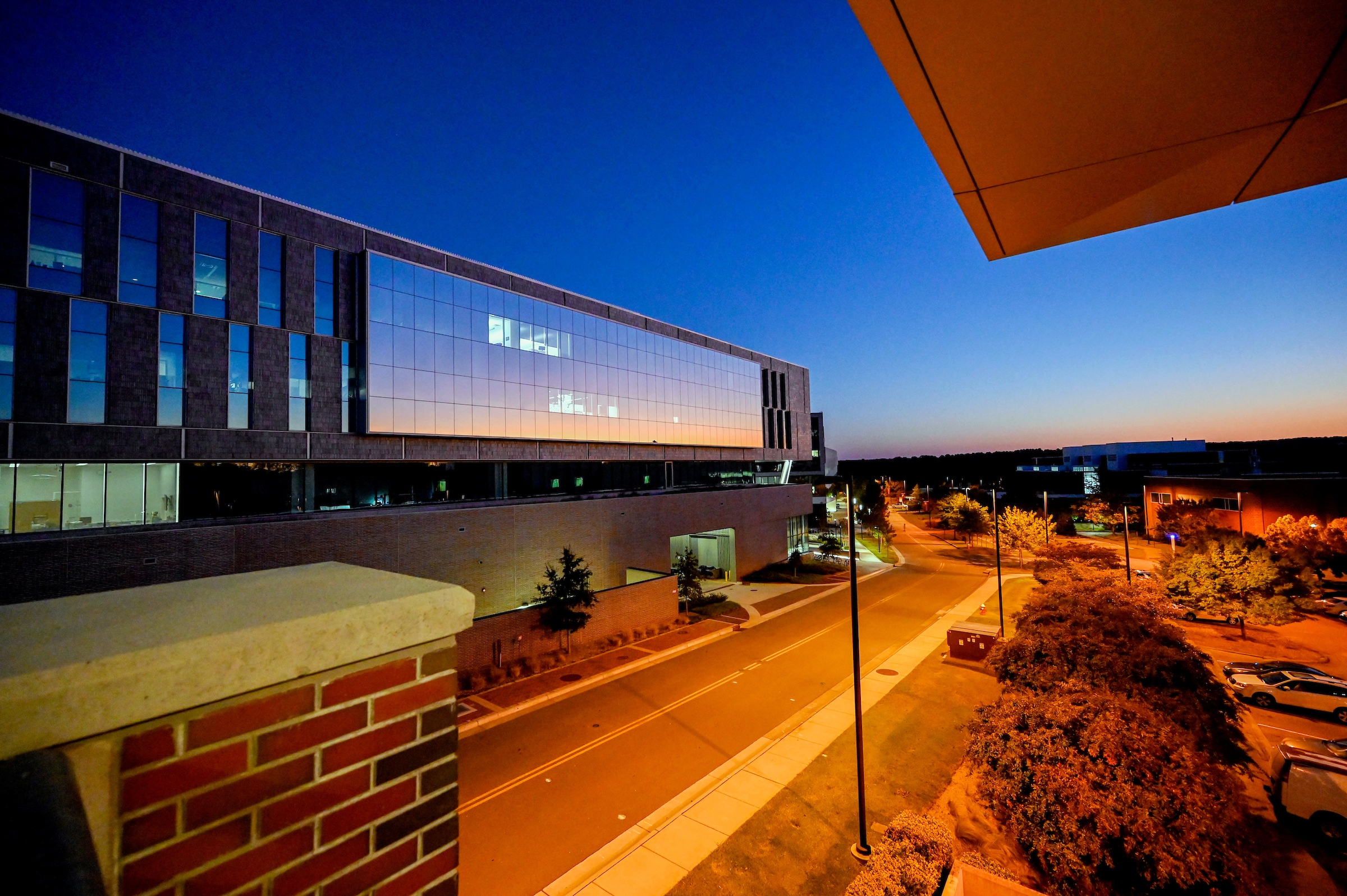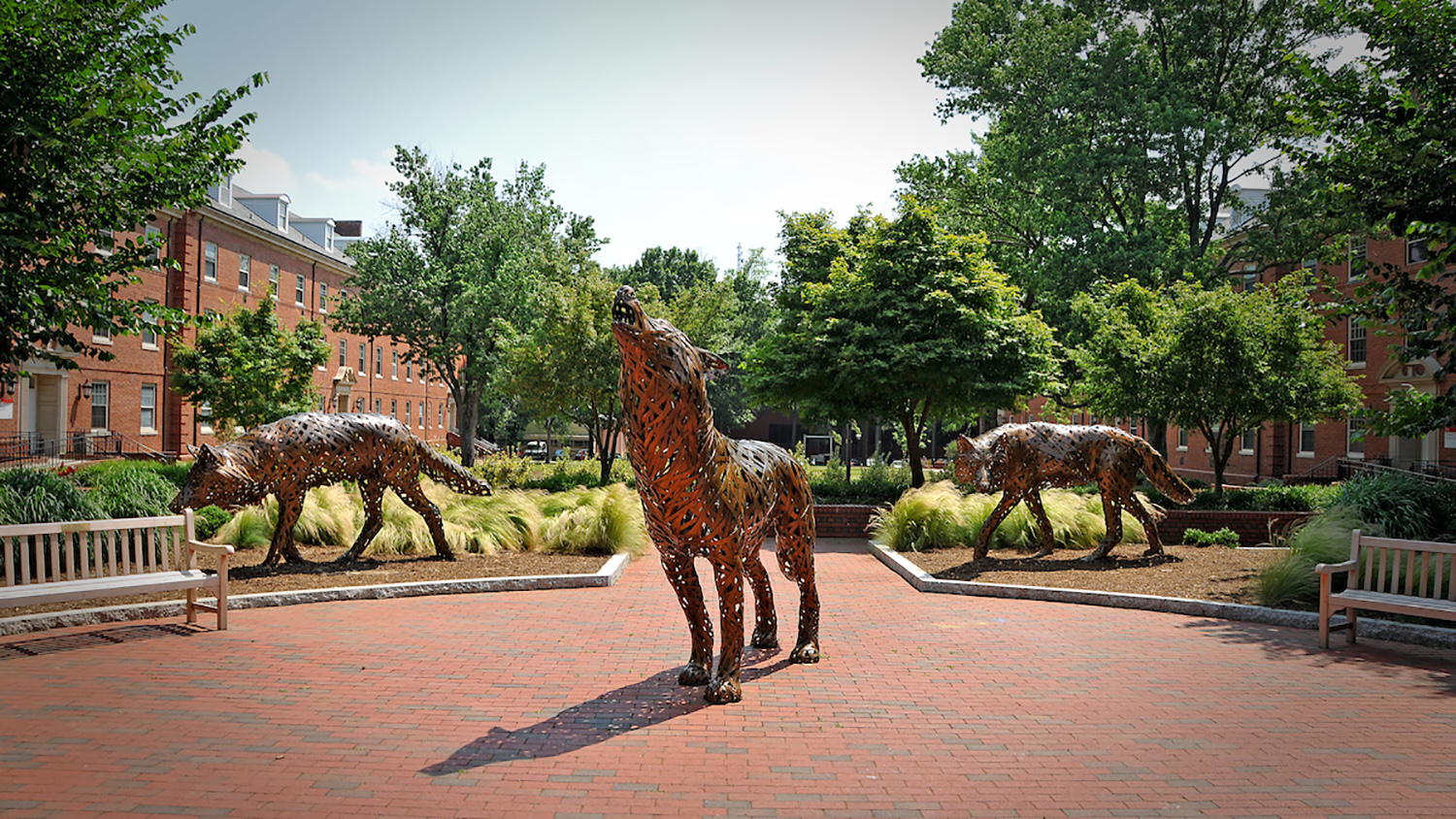As a Ph.D. student nearing graduation in 1975, Alex R. Burkart hadn’t anticipated that his nuclear engineering degree would lead to a career in foreign policy.
Burkart, who also earned his B.S. in 1972 in nuclear engineering from NC State University, spent more than 40 years in various leadership positions with the United States government, where he forged a unique career path combining technical skills and international diplomacy in pursuit of global energy progress and peace.
His contributions to global nuclear energy management and dedication to maintaining high standards of safety, security and nonproliferation are widely recognized by officials across the globe. In 2021, he was elected Fellow of the American Nuclear Society (ANS). While ANS has categories for academic and research accomplishments, there is no category that specifically matches Burkart’s work in international cooperation, making the recognition especially meaningful.
“I only hope that a few nuclear engineers see that while the technical-policy interface is frequently dominated by political scientists, it needs more nuclear engineers,” he said.
Pack leader
Burkart applied to NC State because it was one of five U.S. schools with an accredited undergraduate nuclear engineering program at the time. It was also closest to his home in New Jersey.
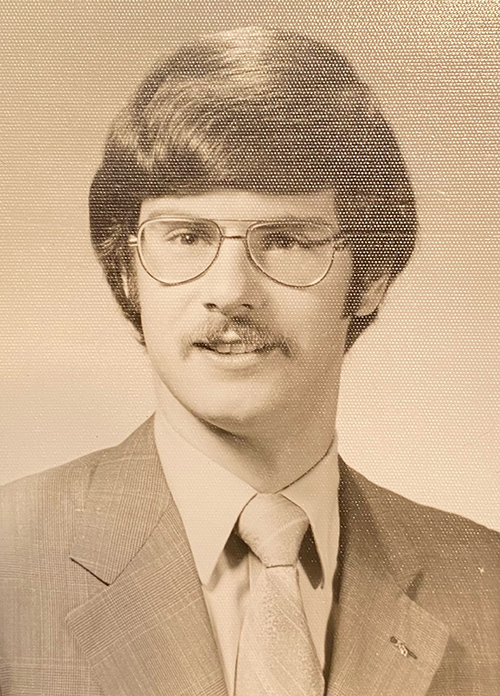
As a student, he earned excellent grades, took on leadership roles and never missed a home game during the eras of football coach Lou Holtz and basketball star David Thompson. He joined the Alpha Phi Omega (APO) National Service Fraternity, later serving as chapter president, and was selected for Tau Beta Pi. He was in the Reserve Officer Training Corps, in the Student Senate and on the Engineering Council. He also received the Dean’s Leadership Award in 1972.
He stayed at NC State for his Ph.D. with support from the U.S. Atomic Energy Commission, and he later served as president of the Graduate Student Association.
“My extracurricular experiences, which taught me leadership and non-academic skills, were just as important to my career as my academic achievements,” he said.
Navigating nuclear policy
Nearing graduation, Burkart was gratified to be recruited by the CIA as an intelligence analyst in 1975. He knew little about nuclear weapons or intelligence, but after six months, he was in charge of examining the large national nuclear weapons program of “a worrying adversary.”
From there, his career took off. He worked on a variety of projects related to weapons and nuclear nonproliferation issues that informed policymakers on nuclear policy strategy, including the U.S. president.
“However, my work in the CIA always stopped short of developing solutions to the problems I identified — a frustrating limitation,” he said.
This work required substantial knowledge of nuclear technology, constant creativity and interactions with senior foreign and domestic nuclear officials all the way up to the minister level… I felt like all my strengths were in demand.
– Alex Burkart
His interest in being part of the solution influenced his career. In 1982, he served at the Arms Control and Disarmament Agency for a year, where he led preparation for the initial US-USSR non-proliferation bilateral discussions, at the height of distrust between the U.S. and the Soviet Union.
Burkart later transferred to the State Department in 1987 as a senior technical advisor in the Office of Nuclear Technology and Safeguards and worked on solving, among other things, the problems he identified as an intelligence analyst for the CIA. He led efforts to remove spent research reactor fuel containing weapons-grade plutonium from Taiwan, to address South Korea’s desire for reprocessing spent power reactor fuel and to tackle proliferation concerns regarding new, advanced fuel cycle technologies.
“This work required substantial knowledge of nuclear technology, constant creativity and interactions with senior foreign and domestic nuclear officials all the way up to the minister level,” he said. “I felt like all my strengths were in demand.”
Burkart strengthened his policy skills at the Industrial College of the Armed Forces, now the Eisenhower School for National Security and Resource Strategy, graduating in 1993. He then started his new role as deputy director of the Office of Nuclear Energy Affairs, where he stayed for 24 years before being promoted to a newly established senior level position in 2017.
In his positions at the State Department, he took on leadership responsibilities to help other countries, including Taiwan, South Korea, Argentina, Japan, Ghana, Kenya, Nigeria and Uganda, grow their nuclear programs. He was also a part of the senior level U.S. team negotiating a new regime for ensuring that states’ activities were for peaceful purposes.
“This regime was described by President Clinton as the most important strengthening of International Atomic Energy Agency (IAEA) safeguards in a generation,” he said. “With the onset of the nuclear renaissance in the mid-1990s, many developing countries began to see nuclear energy as key to meeting their energy needs and their economic development goals.”
An idealist
Burkart’s long career has been recognized internationally. He received a medal from the President of South Korea, an honor never before given to a foreign scientist, as well as recognition from the Korea Nuclear Policy Society and a prestigious award from Taiwan’s Minister of Atomic Energy.
“The people I worked with believed in the importance of their work and in doing things for the best interests of the people of their countries,” he said. “They were idealists, and so was I.”
Retired from his diplomatic career, Burkart now serves as a consultant and advisor to a number of entities.
“Giving back to the institutions that supported me as I developed my foundation is important for aiding future engineers,” he said.
He is a member of the Dean’s Circle, which provides funding to support the College’s students. Also, as a Silver Founders Circle member of APO, he supports students to encourage them to take advantage of service opportunities.
- Categories:
